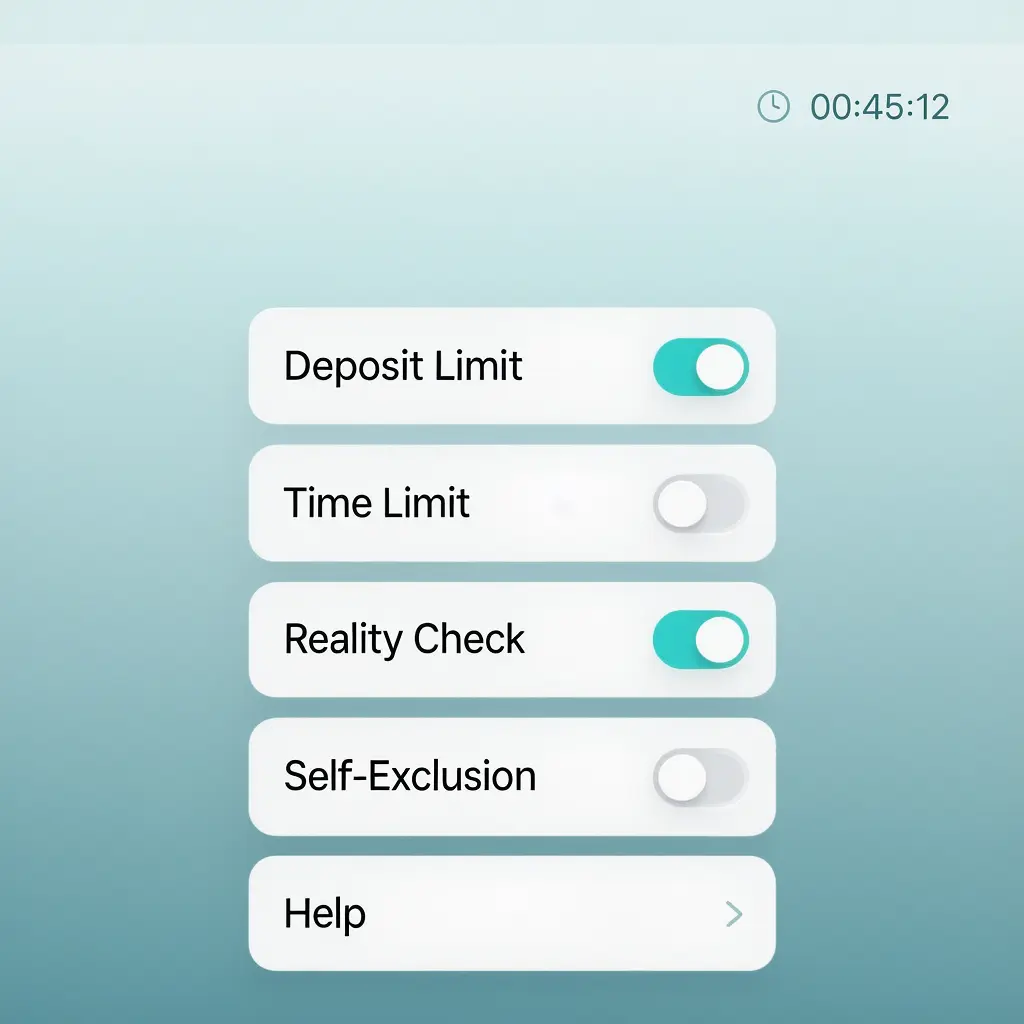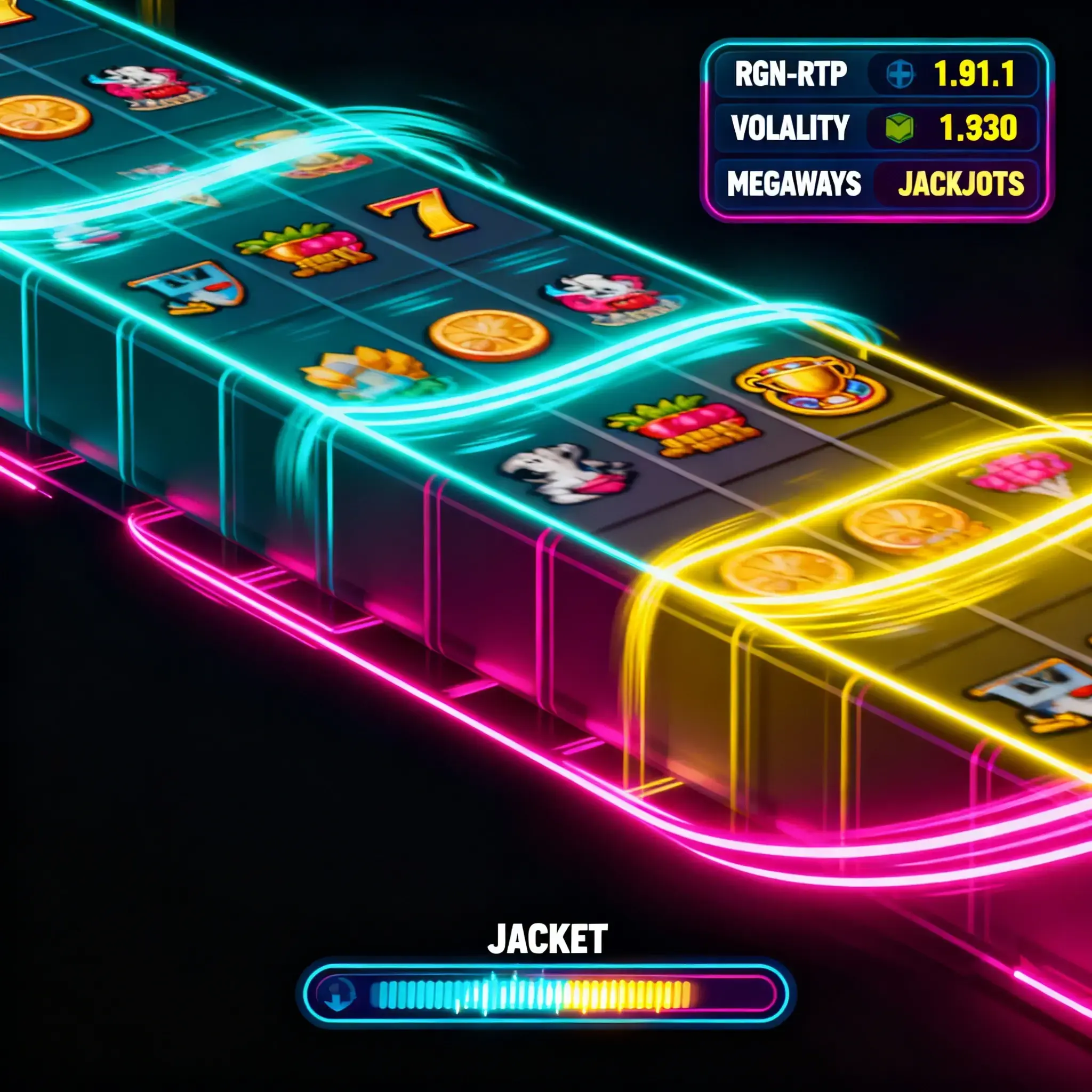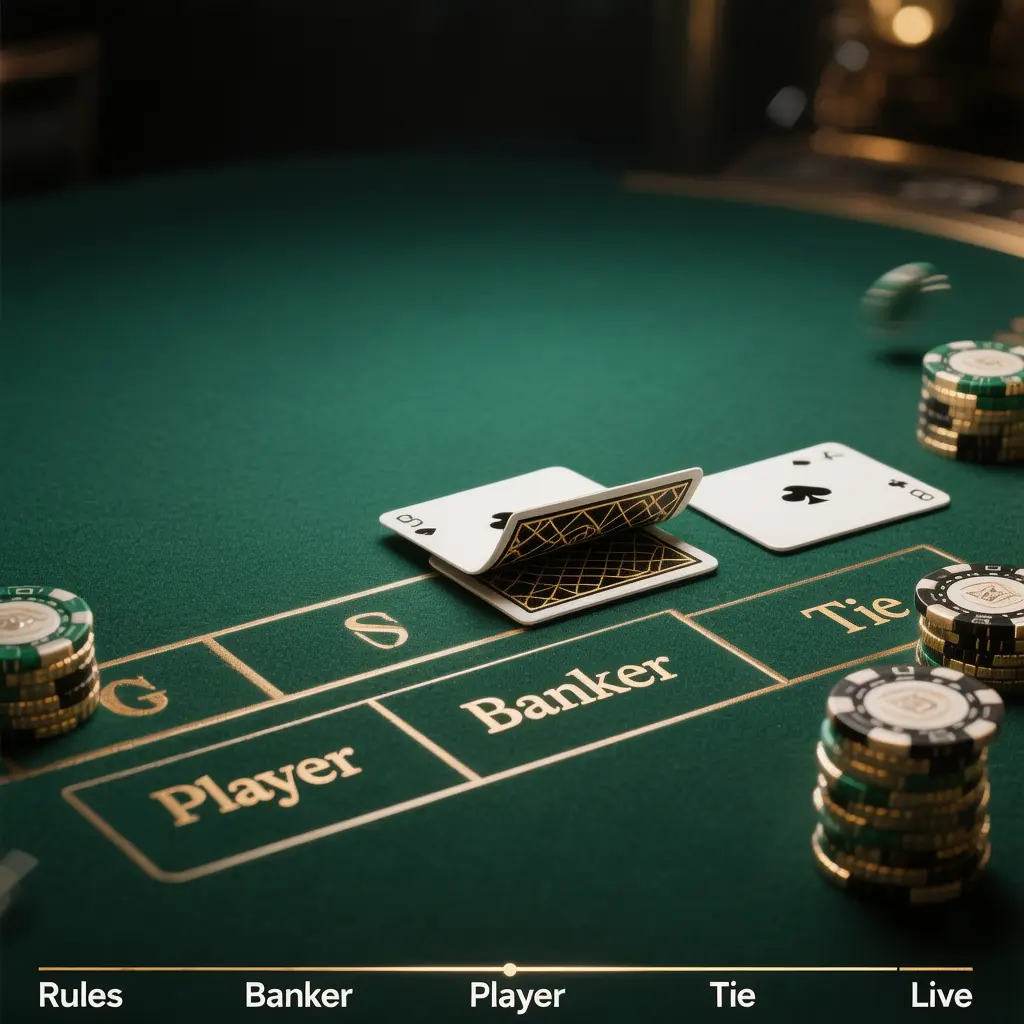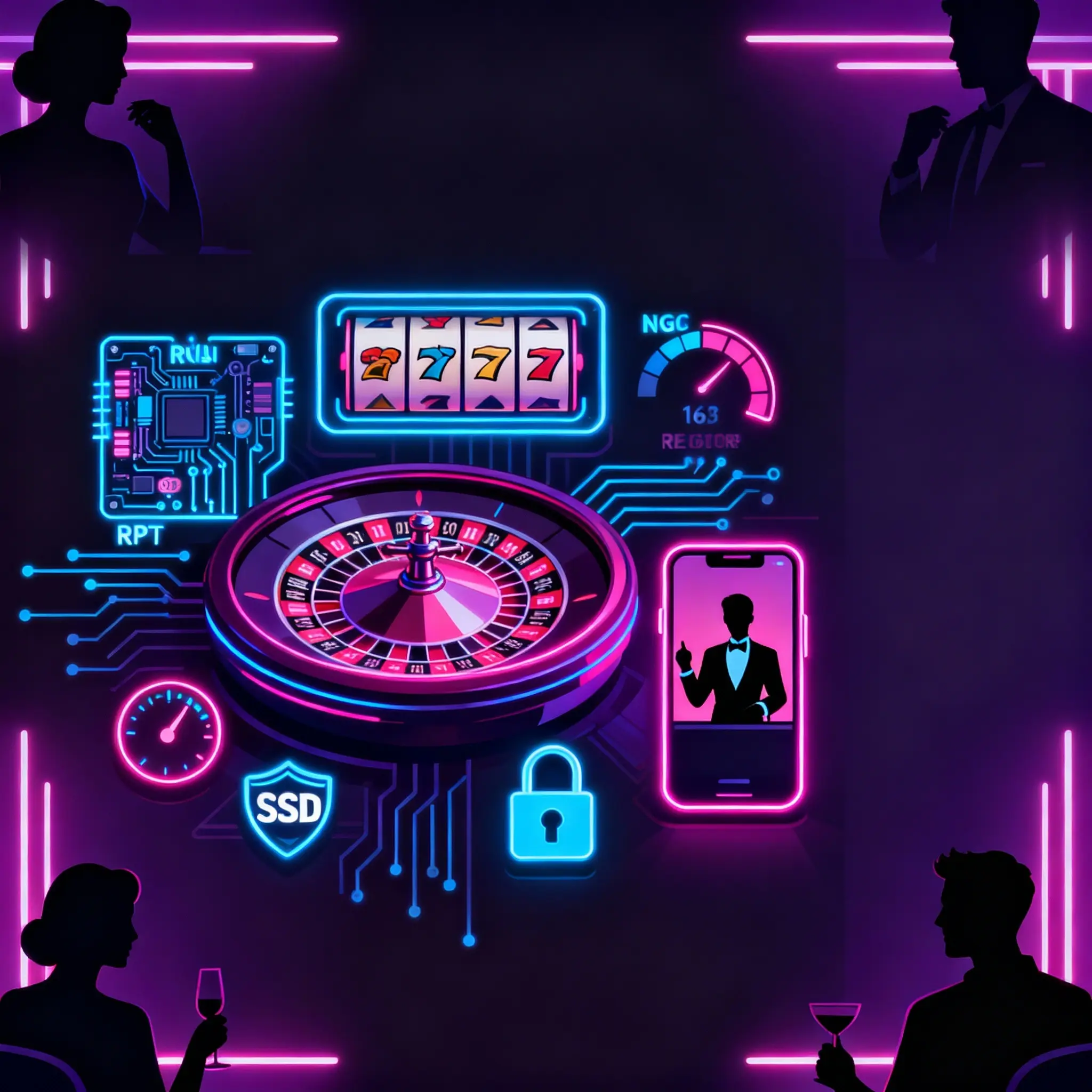Gambling should always be an enjoyable pastime, a form of entertainment, not a source of financial stress or emotional distress. The key to keeping it fun is practicing responsible gambling. This means playing within your limits, understanding the risks, and knowing when to stop. This comprehensive guide will walk you through the essential safer gambling tools at your disposal, from setting deposit limits to using self-exclusion. We’ll also help you recognize the early problem gambling signs and show you where to find confidential help and a supportive helpline if you ever need it.
You Also Like This: A Complete Guide to Casino Payment Methods: Deposits, Withdrawals, Speed, and Fees
What is Responsible Gambling and Why Does It Matter?
Definition: Responsible gambling is a broad concept that includes a set of social responsibility initiatives by the gambling industry (operators, suppliers, and regulators) to ensure the integrity of their operations and to promote awareness of the harms associated with gambling, such as addiction. For players, it’s about making informed decisions and using strategies to stay in control of their time and money, ensuring gambling remains a fun and safe activity.
At its core, it’s about maintaining a balanced perspective. It’s about treating gambling as a leisure expense, just like going to the movies or out for dinner. You set a budget, you stick to it, and you walk away when you’ve reached your limit, whether you’re winning or losing.
Why is this so crucial? For players, it’s the line between entertainment and harm. For the iGaming industry, promoting responsible gambling is not just a matter of RG compliance; it’s a pillar of long-term sustainability. A healthy industry is one with healthy players who feel safe and protected. This involves everything from underage prevention to providing a clear and accessible RG page template on all platforms.
You Also Like This: Casino Bonuses Explained: Your Ultimate Guide to Wagering, Rollover, and How to Choose the Best Offers
Read More: Craps Guide: Table Layout, Bets, Odds, and Bankroll Planning
Your Essential RG Toolkit for Safer Gambling
Modern online gambling platforms are required to provide a suite of safer gambling tools. These are not punishments; they are powerful features designed to empower you. Think of them as the dashboard of your car, helping you monitor your speed and fuel so you can enjoy the journey safely.
Setting Financial Limits: Your First Line of Defence
The most fundamental aspect of responsible gambling is managing your money. These tools help you do it automatically.
- Deposit Limits: This is the most common and effective tool. Before you even start playing, you can set a maximum amount of money you can deposit into your account over a specific period (daily, weekly, or monthly). Once you hit your deposit limits, you cannot add more funds until the period resets. This is the best way to enforce your budget.
- Loss Limits: This tool allows you to set a cap on the net amount of money you can lose in a session or over a period. If you hit your loss limit, you’ll be prevented from placing more bets, protecting you from the dangerous urge to chase losses.
- Wager Caps: Similar to the above, this limits the total amount of money you can bet or wager in a given timeframe. It helps control the overall volume of your play, regardless of wins or losses.
Remember, any request for a limit increase waiting period is enforced. This means if you decide to increase your limits, there’s a mandatory cool-down time (e.g., 24 hours) to prevent impulsive decisions.
You Also Like This: Live Dealer Casinos: Games, Studios, Streaming, and RTP Basics.
Managing Your Time: Play Smarter, Not Longer
It’s easy to lose track of time when you’re engrossed in a game. These tools help bring you back to reality.
- Time Limits / Session Timer: You can set a maximum duration for your gambling session. Once the time limits are reached, you might be automatically logged out or receive a strong notification, reminding you to take a break.
- Reality Checks: These are automated pop-up reminders that appear on your screen at set intervals (e.g., every 30 or 60 minutes). A reality checks message will show how long you’ve been playing, how much you’ve won or lost, and offer a button to continue or exit the game. It’s a simple but powerful interruption to break the trance of continuous play.
Taking a Break: The Power of a Cool-Off Period
Feeling like your gambling is becoming a bit too intense? A cool-off period is a short-term break that you can activate immediately. This will temporarily block you from accessing your account for a period ranging from 24 hours up to a few weeks. It’s a great way to step back, reset, and evaluate your habits without the long-term commitment of self-exclusion.
Stepping Away Completely: Understanding Self-Exclusion
If you feel you are losing control and need a complete stop, self-exclusion is the most serious and effective tool. This is a formal process where you request to be blocked from an operator (or multiple operators through national self-exclusion programs) for a longer period, typically from six months to five years, or even permanently. During this time, you will not be able to log in, play, or deposit, and the operator will stop all marketing communications. It is a critical step for anyone who recognizes they have a problem and needs to enforce a hard stop.
You Also Like This: Texas Hold’em Poker: Rules, Hand Rankings, and Smart Strategy
Recognizing Problem Gambling Signs in Yourself and Others
Practicing responsible gambling also means being self-aware. It’s important to honestly check in with yourself and recognize when habits might be shifting from fun to problematic. A self-assessment can be a helpful first step. Ask yourself or look out for these problem gambling signs in others:
- Spending more money or time on gambling than you can afford.
- Chasing losses (trying to win back money you have lost).
- Lying to friends and family about the extent of your gambling.
- Borrowing money or selling possessions to fund your gambling.
- Neglecting work, school, or family responsibilities to gamble.
- Gambling to escape from problems, anxiety, or depression.
- Feeling irritable, restless, or anxious when you try to cut down or stop.
- Thinking constantly about gambling—planning the next session, finding money to play. Read More on: Sports Betting 101: Your Ultimate Sports Betting Guide to Odds, Markets, Parlays, and Live Betting
If several of these signs feel familiar, it’s a strong indicator that it’s time to seek help. There is no shame in asking for support.
You Also Like This: Roulette Guide: Odds, Bets, Payouts, and Systems You Should Know.
Where to Find Help: Confidential Support and Helpline Resources
If you or someone you know is struggling, immediate and confidential help is available. Reaching out is a sign of strength. The iGaming industry and health organizations provide numerous community resources to support you.
Immediate Support: Helplines and Live Chat
The quickest way to get help now is through a dedicated gambling helpline. These services are free, confidential, and available 24/7. Trained advisors can provide immediate emotional support, practical advice on using tools like self-exclusion, and connect you with local resources. Look for a helpline link on any licensed operator’s website, usually in the footer or on their dedicated responsible gambling page.
Explore On How to Choose iGaming Providers: Licensing, Game Portfolios, Tech Stack, and Support SLAs
You May Like This: Video Poker Hub: Paytables, Perfect Strategy Charts, RTP by Variant, and Bankroll Math
Long-Term Support: Groups and Community Resources
For ongoing recovery, support groups offer a powerful sense of community. Organizations like Gamblers Anonymous (GA) provide a safe space to share experiences and strategies with others who understand what you’re going through. Many therapeutic and counseling services also specialize in gambling addiction.
The Role of Operators in Providing Help
Operators have a duty of care. They provide tools and information to help you stay in control. This includes giving you full access to play history, so you can review your spending and activity at any time. They also use behavioral tracking alerts and RG in-app messaging to proactively reach out if they spot patterns of high-risk play.
You Also Like This: Blackjack Strategy: From Basic Strategy to Bankroll Discipline
Debunking Common Myths About Gambling
Misconceptions can lead to risky behavior. Understanding the truth is a key part of responsible gambling.
- Myth 1: “I’m due for a win.” This is the Gambler’s Fallacy. Each spin of a slot or turn of a card is an independent event. Past results have zero influence on future outcomes.
- Myth 2: “I can make a living from gambling.” For the vast majority, this is impossible. All forms of commercial gambling have a built-in house edge awareness. This mathematical advantage ensures the operator makes a profit over time. Gambling should never be seen as a way to make money.
- Myth 3: “Knowing a sport well guarantees a win.” While knowledge can help, it doesn’t eliminate risk. Unexpected upsets happen, and the odds and payouts basics are set by bookmakers to ensure their margin.You May Like This: Esports Betting Basics: Games, Markets, and Tournament Odds
You Also Like This: Online Slots Ultimate Guide: Features, RTP, Volatility and Jackpots
Operator Responsibilities: Building a Safer Gambling Environment
A commitment to responsible gambling extends deep into an operator’s business. It’s not just about providing tools; it’s about creating a culture of safety and compliance.
This includes robust RG compliance with all regulatory requirements, which often mandate the tools we’ve discussed. Operators also invest in technology for underage prevention and strong account protection, such as encouraging two-factor authentication to secure player accounts.
Furthermore, leading operators conduct affordability checks to ensure players are not spending beyond their means and use sophisticated systems to monitor for signs of harm. The presentation of information is also key, with a focus on RG accessibility and providing clear RG translations for a global audience. A well-structured RG page template is the hub for all this vital information.
You Also Like This: Online Casino 101: RTP, RNG, Volatility, and House Edge Explained
Frequently Asked Questions (RG FAQs) about Responsible Gambling
Q1. What’s the first step to gambling responsibly?
The very first step is to set a budget. Decide on an amount of money you are prepared to lose for entertainment over a week or month, and stick to it. Use the deposit limits tool to enforce this budget automatically.
Q2. How do deposit limits work?
A deposit limits tool lets you cap the amount of money you can deposit into your account over a set period (e.g., $50 per week). If you try to deposit more than that, the system will block the transaction until the next period begins, helping you stay within your budget.
Q3. What is the difference between a cool-off period and self-exclusion?
A cool-off period is a short-term break, usually from 24 hours to 6 weeks, to give you some breathing space. Self-exclusion is a longer-term, more formal commitment to stop gambling for a minimum of 6 months, designed for those who feel their gambling is becoming a problem.
Q4. Are safer gambling tools easy to use?
Yes. Reputable operators make their safer gambling tools very easy to find and use. They are typically located in your account settings or a dedicated “Responsible Gambling” section. The controls are simple, allowing you to set limits in just a few clicks.
Q5. What are the most common problem gambling signs?
The most common problem gambling signs include chasing losses, lying about your gambling habits, feeling anxious or guilty about your play, and spending money you need for bills or other essentials on gambling.
Q6. Is my information confidential when I call a gambling helpline?
Absolutely. All conversations with a gambling helpline are completely confidential and anonymous. Their purpose is to provide a safe, non-judgmental space for you to talk and get the support you need.
Q7. How can I check my gambling activity?
All licensed operators must provide you with easy access to play history. This transaction history shows all your deposits, withdrawals, bets, wins, and losses, giving you a clear picture of your activity over time.
Q8. Can I remove a self-exclusion early?
No. Once you enter into a self-exclusion agreement, it cannot be reversed or shortened for any reason. This is a strict rule designed to protect you and ensure the commitment is effective. You must wait for the minimum period to expire.
A Final Word on Embracing Responsible Gambling
Embracing responsible gambling is the most empowering choice a player can make. It’s about being proactive, not reactive. By using the limits, tools, and resources available, you put yourself in the driver’s seat. You ensure that gambling remains what it should be: a fun, exciting, and safe form of entertainment. Stay informed, stay in control, and always know where to turn for help.
With over 20 years of experience in the iGaming industry, Anilgnews provides expert analysis and in-depth content to help players and operators navigate the complexities of online gambling regulation.




